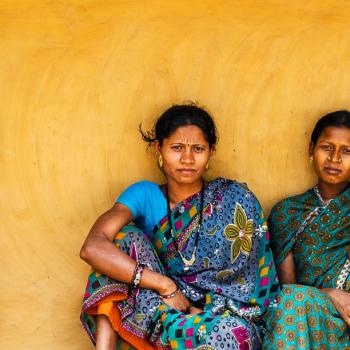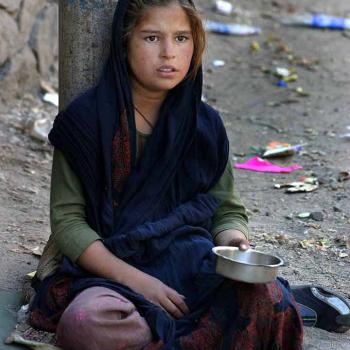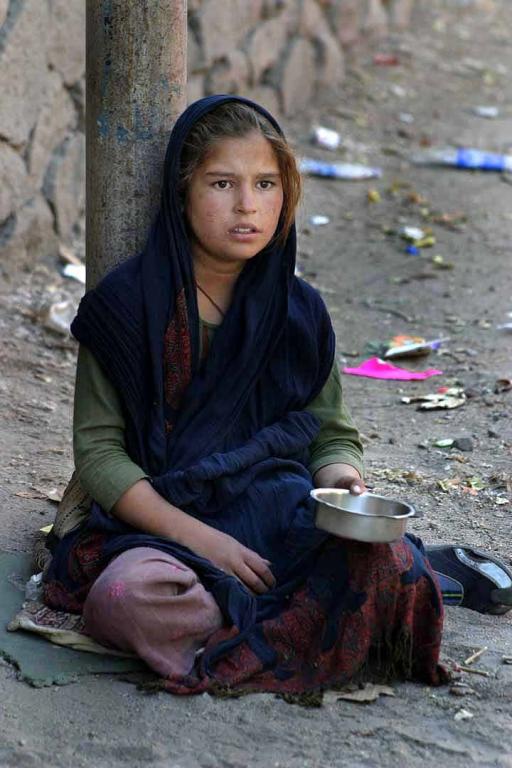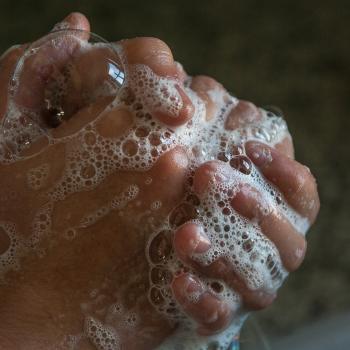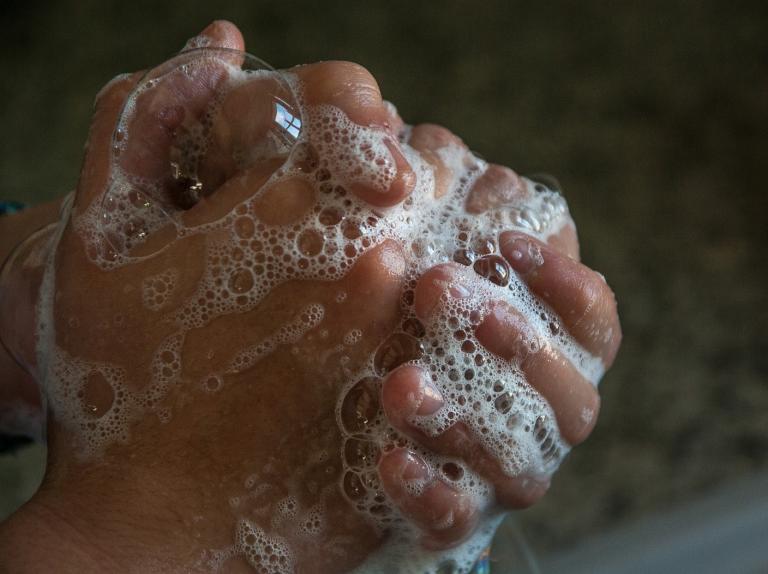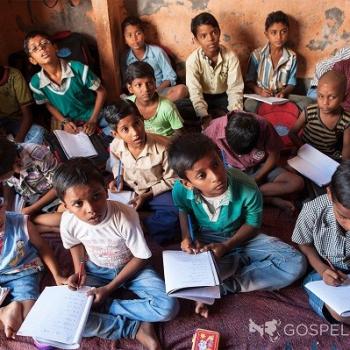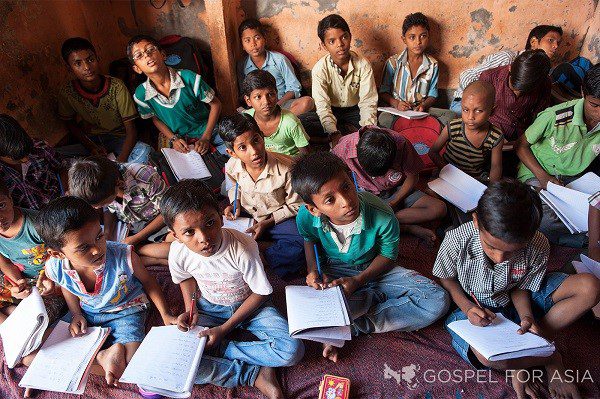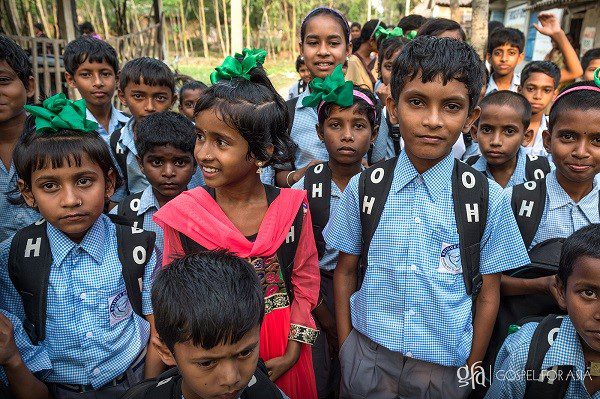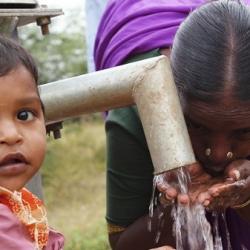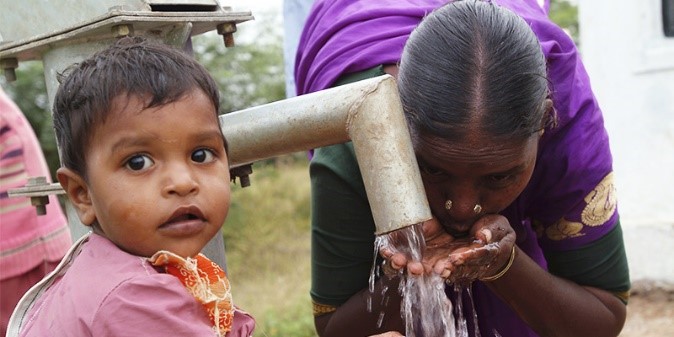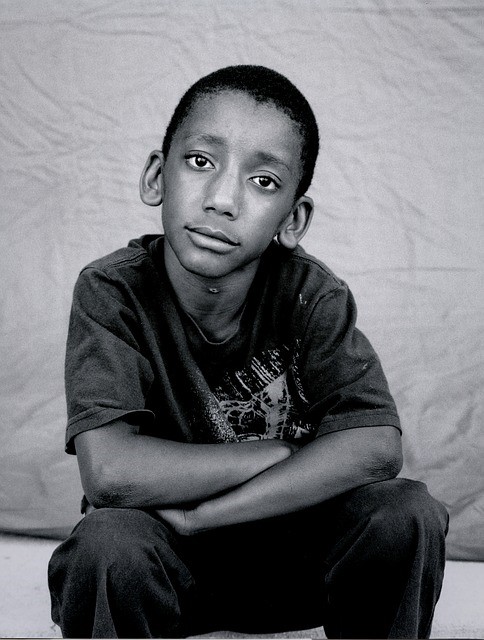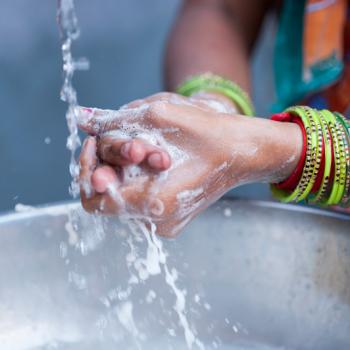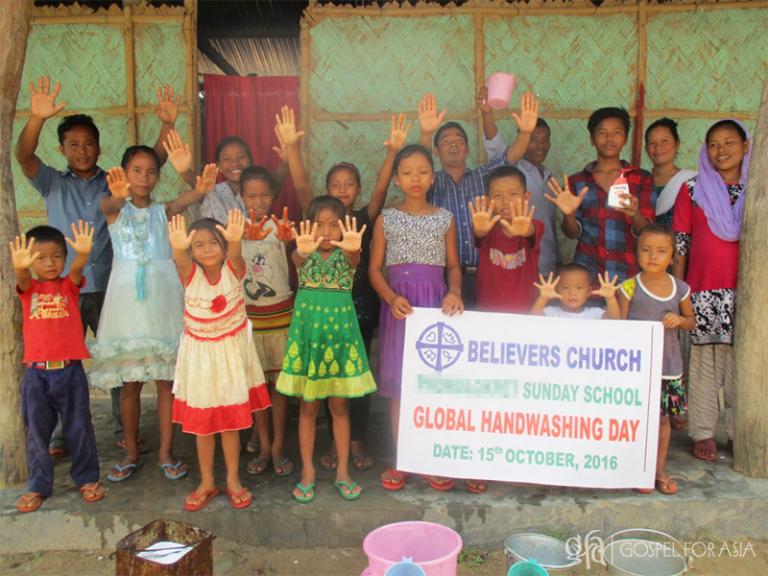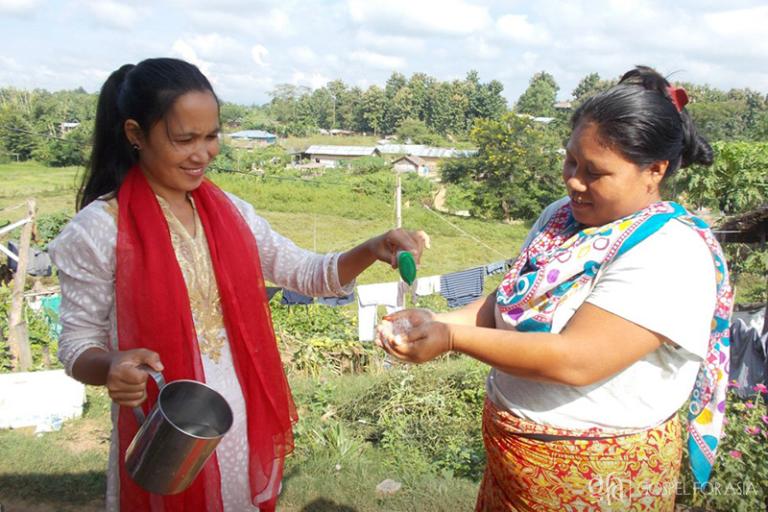“In our world, one in eight people live in slums. In total, around a billion people live in slum conditions today.”—UN-Habitat Slum Almanac 2015-2016.
Upon reading this fact, my mind almost shut down. An eighth of the world’s population?[1] It seems absurd, but apparently, it is the truth. The reality for those living in slums is harsher than what is reported.
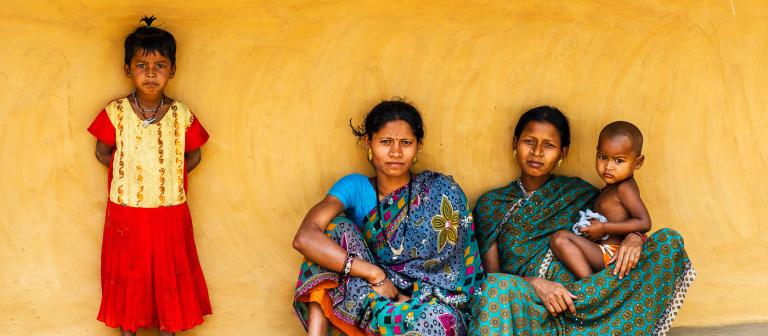
The Slums: An Explanation
Firstly, what exactly are slums? Merriam Webster defines “slums” as “a densely populated usually urban area marked by crowding, run-down housing, poverty, and social disorganization.”[2] Little to no basic utilities exist in slums. Sanitation facilities, clean water, medical provision are inadequately present in these urban areas. Diseases run rampant, with little to no prevention.[3]
Slum dwellers suffer under these harsh and brutal conditions. These people endure the hardship and poverty around them. Entire families are caught in the endless cycle, with no visible way out. Hopelessness and despair rule their lives.
The Ministry of the Faithful
What is being done to help these people? By the grace of God, many Gospel for Asia (GFA)-supported workers toil endlessly among the slums in Asia, bringing hope and love to those in need. Whether it be through prayer, medical care, literacy and vocational classes, gift distributions, water filters, toilets, etc., brothers and sisters minister to those living in these slums.
As I perused the many reports and stories about slums, one in particular caught my attention. The story is of one woman’s return from the brink of desperation and despair. This is Maisie’s story.
A Mother’s Heart Touched
Maisie lives in one of the many slums in Asia. Poverty and destitution were all she had known. Maisie’s husband, Abhaidev, was an alcoholic. Any money he received from his odd jobs went to fuel that addiction. No money for food was left for Maisie and their child. With her stomach empty and her body bruised from the physical abuse heaped upon her by Abhaidev, Maisie couldn’t take it anymore. She decided she would take her own life.
By the grace of God, the very same day she set out for suicide, a neighbor stopped by. This neighbor was a believer and shared Jesus’s love with the desperate woman. The believer gave Maisie a booklet, and the message contained within it transformed her heart.
After learning that she was truly loved, Maisie decided to attend the local church led by Gospel for Asia (GFA)-supported pastor Mrithun. After sharing her story with him, Pastor Mrithun prayed for Maisie and encouraged her. That day, Maisie fully recognized the love of God, and no longer wished to end her life.
However, Abhaidev opposed her new faith. He beat Maisie and told her to never go to church again. Maisie refused and continued to pray for her husband. Little by little, the man’s heart softened. Not only did her let her go to church, but he eventually accompanied her!
The Millions Untold
Maisie’s story can be repeated in so many other slums. The destitution and addiction, coupled with abuse and hunger, affect not just the women, but men and children as well. The slums are unforgiving and harsh, but God’s love lifts up and transforms the hardest of hearts. Millions are suffering, but there is hope for them. To learn how you can provide those in slums with hope, visit www.gfa.org/compassion-services/slum-ministry.
[2] https://www.merriam-webster.com/dictionary/slum
Source: Gospel for Asia Reports, Restored by the God Who Gave Her Breath
Image Source: Gospel for Asia, Photo of the Day
Click here, to read more blogs on Patheos from Gospel for Asia.
Go here to know more about Gospel for Asia: Facebook | Sourcewatch | Integrity | Flickr | GFA | Lawsuit
For more information about this, click here.


